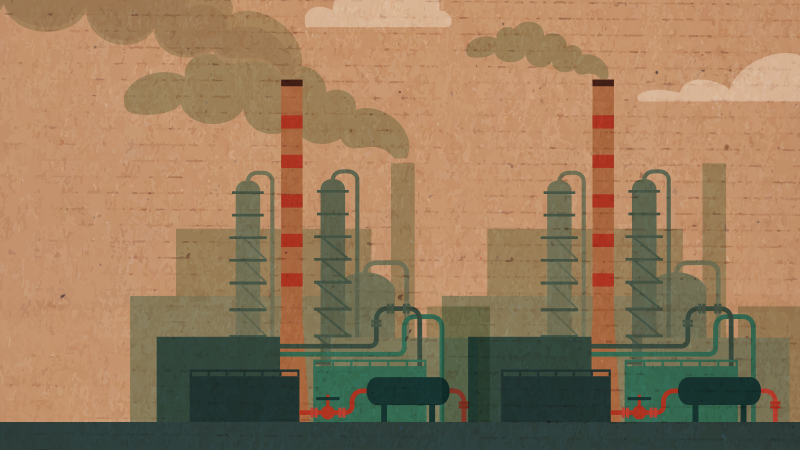
Snapshot: Companies and their goals for carbon neutral supply chains


Companies around the globe are embracing net-zero carbon emissions in their supply chains. We have provided a snapshot of what that means in terms of action. This is only an indicative list as more companies continue to unveil their program to achieve carbon neutrality in their supply chains.
|
Company |
Goal |
Measures in roadmap |
|
Apple |
Commits to be 100 percent carbon neutral for supply chain and products by 2030 |
|
|
KPMG |
Intends to be net-zero carbon by 2030 |
|
|
Astrazeneca |
Roll out ‘Ambition Zero Carbon’ strategy to eliminate emissions by 2025 and be carbon negative across the entire value chain by 2030 |
|
|
Kuehne + Nagel |
Kuehne + Nagel will offer CO₂-neutral transport from 2020 onwards |
|
|
General Motors |
Plans to be Carbon Neutral by 2040 |
|
|
Microsoft |
Microsoft aims to be carbon negative by 2030 |
|
|
Bosch |
Carbon neutrality since 2020 |
|
|
Nestlé |
The company is taking measures to halve its emissions by 2030 and achieve net zero by 2050 |
|
|
HSBC |
Achieve net zero in our own operations and supply chain by 2030 |
|
|
Vodafone |
Vodafone commits to net zero carbon emissions by 2040 |
|
|
Unilever |
Unilever will achieve Net Zero emissions from all their products by 2039 |
|
|
Bayer |
Bayer aims to be climate neutral by 2030 |
|
|
Henkel |
Henkel is pursuing the vision to become a climate-positive company by 2040 |
|
|
Rio Tinto |
Ambition is to reach net zero emissions across operations by 2050 |
|
|
Vale S.A |
Aims to be carbon neutral by 2050 |
|
|
Solvay |
Curb Co2 emissions by 2030 |
|
Related Insights:
View All
Get more stories like this
Subscirbe for more news,updates and insights from Beroe







N